Skipper Otto
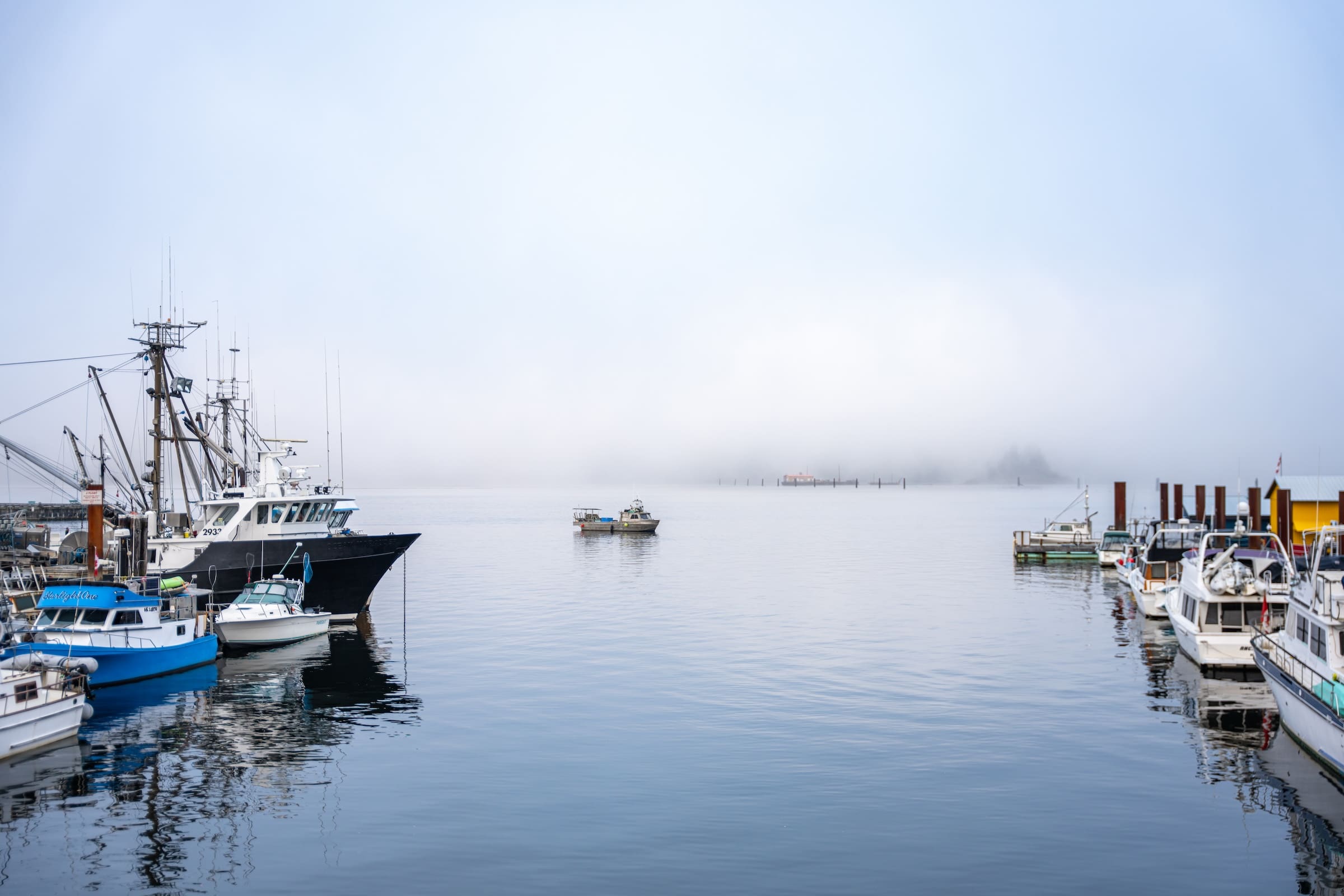
Sustainable Seafood, Anchored In Community.
Healthy fisheries and oceans depend on changing the current industrial system. When seafood-loving home cooks directly support small-scale, independent Canadian fishing families, real change is possible.
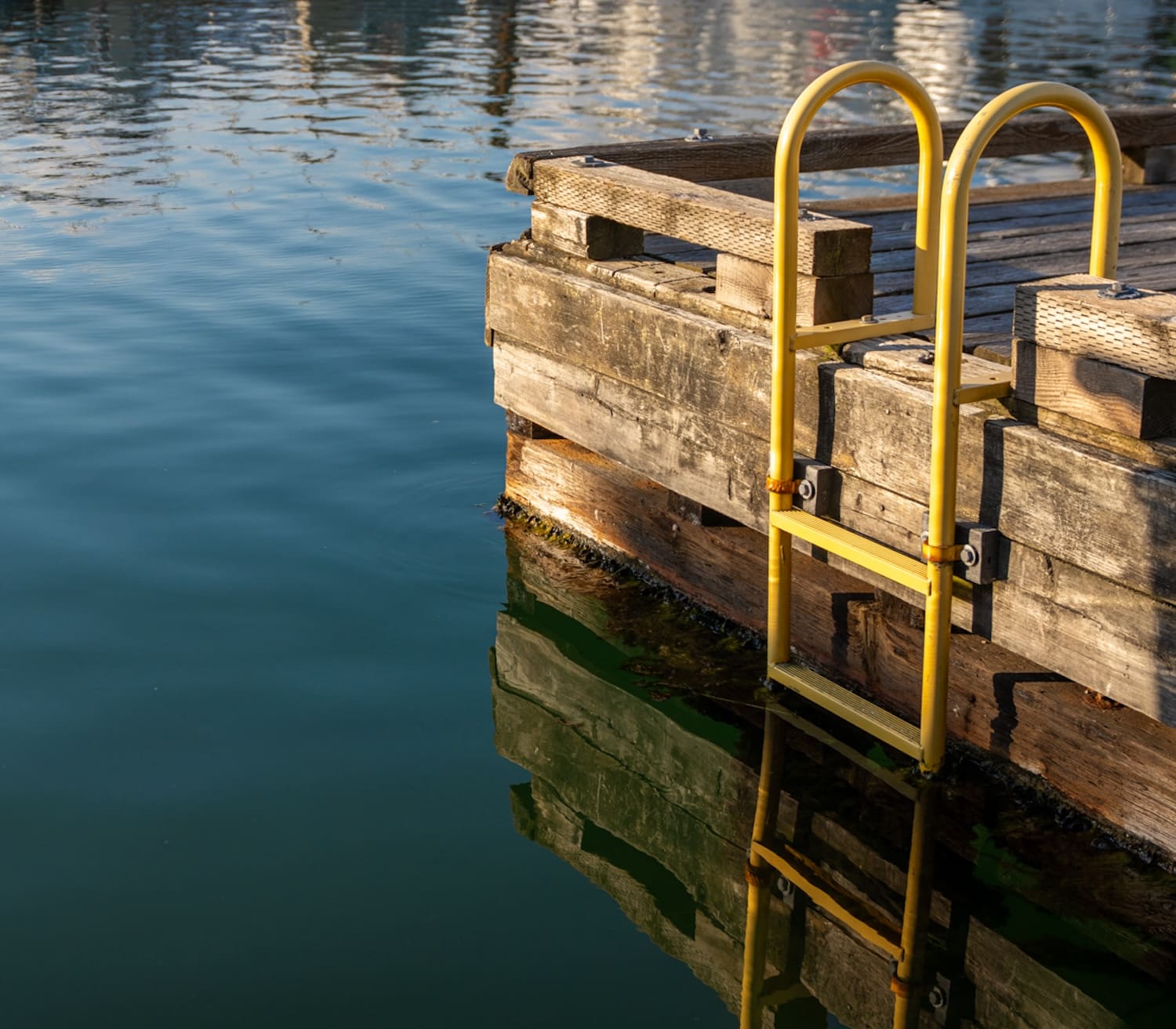
The Highest In Sourcing Standards
We source exclusively and directly from coastal and Indigenous Canadian fishing families and regulated fisheries. All our products are either Ocean Wise Recommended or are carefully chosen based on research by NGOs, universities, First Nations, and independent researchers.
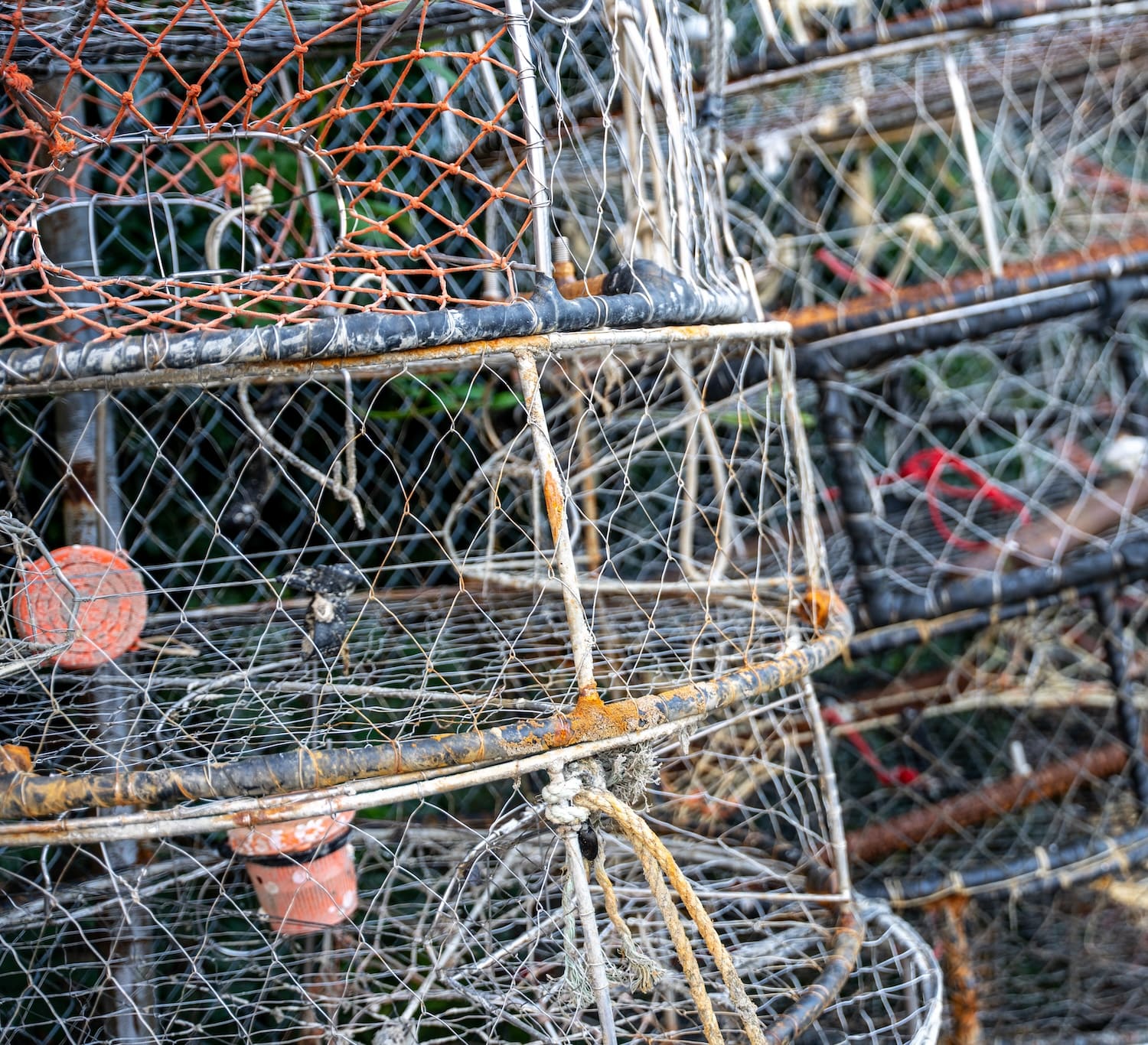
Know Your Fisher.
Know Your Seafood.
The more than 45 fishing families we partner with depend on healthy marine ecosystems and the same low-impact fishing methods their families have used for generations. We source from them directly and pay them fairly. That is how our community brings you the best seafood found in Canadian waters all year round.
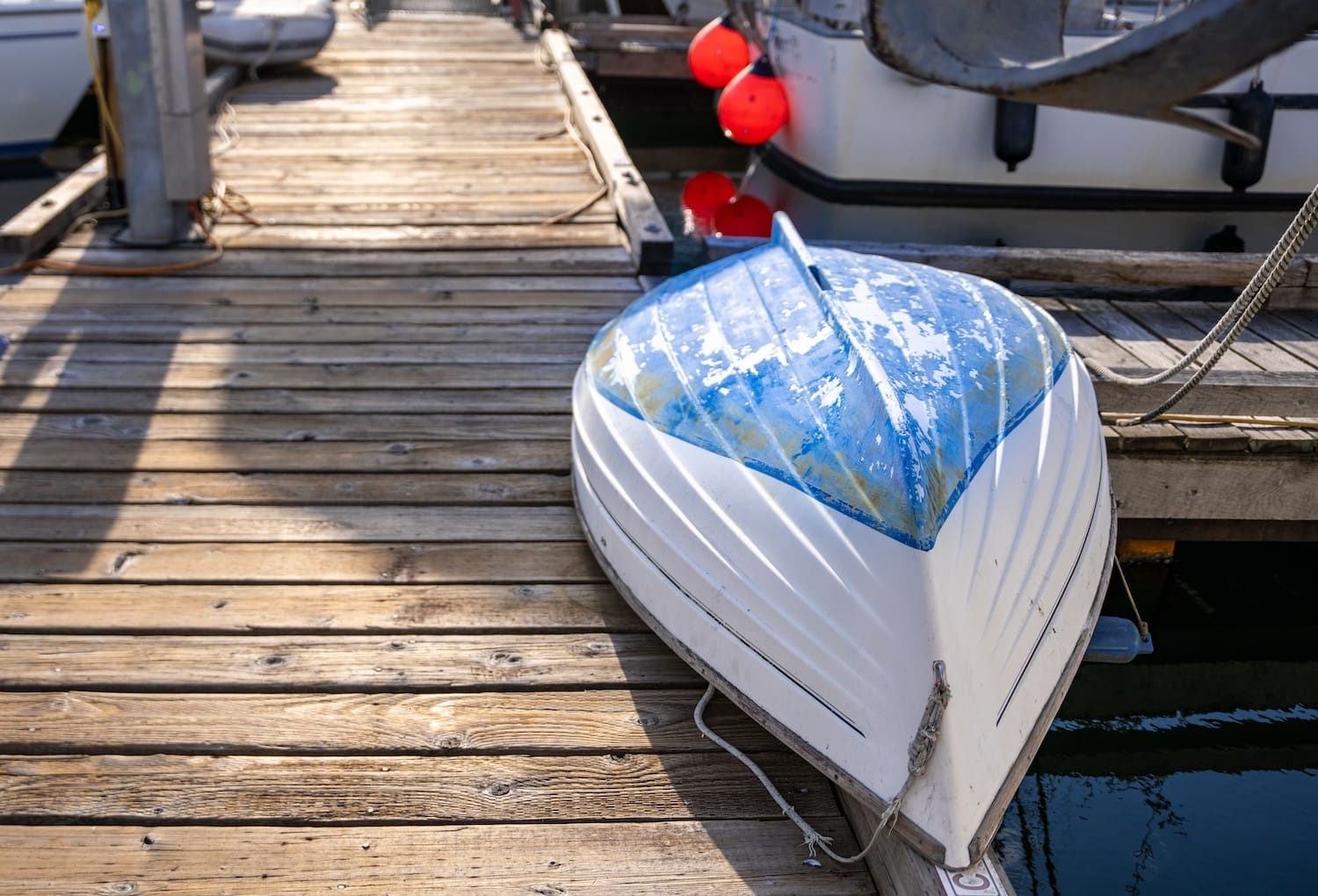
Working To
Decolonize Fishing
Our fisheries system in Canada is at its roots colonial. As we work toward decolonizing our seafood system, we acknowledge the duty all of us as Canadians have to implement the recommendations of the Truth and Reconciliation Commission and allow Indigenous leadership and communities to guide our efforts. Together, we all can build a resilient, decolonized food system that supports local ways of living.
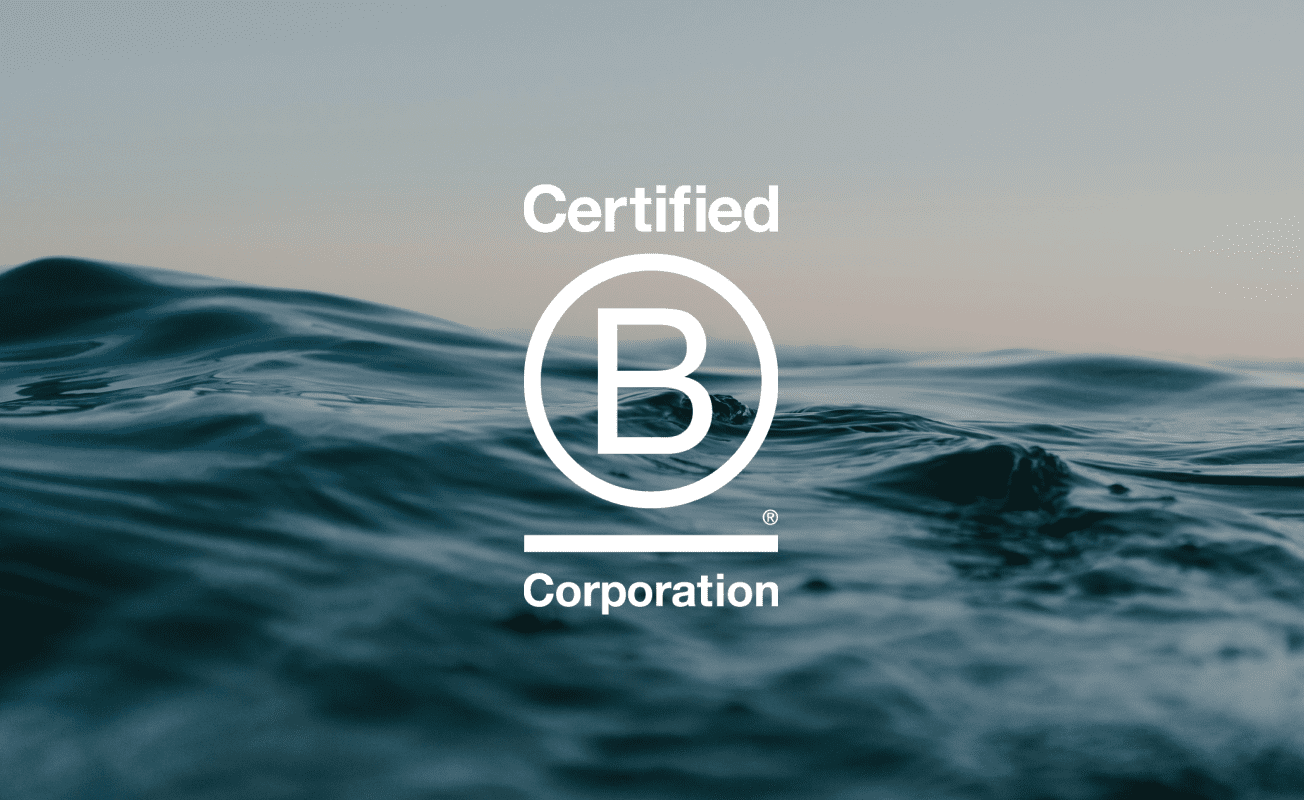
We Are A Certified
B Corporation™
To earn the B Corp certification from B Labs, we underwent a rigorous review process to show we meet the highest standards of verified social and environmental performance, public transparency, and legal accountability to balance profit and purpose.
LEARN MOREOur Sustainability Certifications
We are proud to be certified by these organizations who are championing social and environmental sustainability and change.
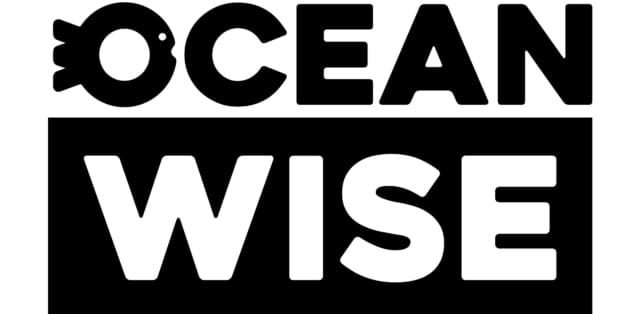

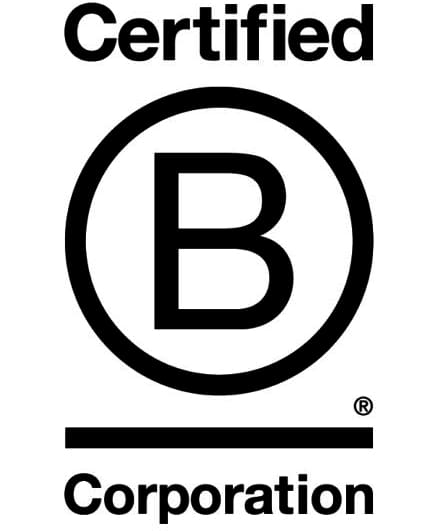
Join Skipper Otto
As a member, you support Canadian coastal and Indigenous fishing families who provide delicious, high-quality, and sustainably sourced seafood direct to your table.
SIGN UP TODAY